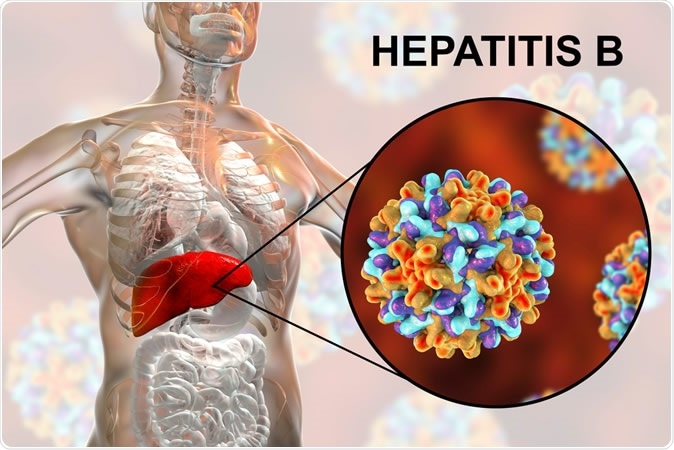About 18 million Nigerians are infected with hepatitis B and C, according to the Minister of Health, Dr Osagie Ehanire.
Hepatitis is a disease that causes an inflammation or damage of the tissues of the liver . It can lead to liver cancer and cirrhosis.
- APPLY: Federal Roads Safety Corps recruitment 2021
- US lawmakers block sale of attack helicopters to Nigeria over poor human rights record
The five types of viral hepatitis are A, B, C, D, and E.
During a ministerial briefing to commemorate this year’s World Hepatitis Day, in Abuja on Wednesday, Ehanire said 16 million are infected with Hepatitis B, while 2.2 million are infected with Hepatitis C.
He said, “16 million Nigerians are estimated to be infected with Hepatitis B and 2.2 million with Hepatitis C, which represents estimated prevalence rates of 8.1% and 1.1% respectively.
“In 2019, 3.8% of the world’s population was living with Chronic Hepatitis B Virus infection and 0.75% with Hepatitis C infection.”
The minister said viral hepatitis remains a disease of public health importance, adding that the mortality rate from both infections is still alarming, despite limited global progress in addressing the scourge.
He said there is low level of awareness, under-reporting, under-diagnosis, and under-treatment of Hepatitis B and C in Nigeria.
Ehanire called on Nigerians to work together to eliminate viral hepatitis, saying, “Go to any health facility and get screened, it is a simple rapid test, taking less than 15 minutes.”
He added that the acclaimed “Decade of the Elimination of Public Health Infections” is now challenged by the global COVID-19 pandemic and re-emphasises the need to continue action despite any challenges in the health sector.
WHO Nigeria Country Representative, Dr Walter Kazadi Mulombo, said more than 90 million people are living with hepatitis in Africa , accounting for 26% of the global total.
He said although the birth dose and pentavalent hepatitis vaccine is provided free of charge for all under five children in Nigeria, the health system is challenged with ensuring access and availability for infants and children and testing and treatment for pregnant women and mothers.
He said nine out of 10 of people who are infected, have never been tested.
Dr Mulombo urged stakeholders in maternal and child health to consider integrating hepatitis B interventions into antenatal care services together with the HIV and Syphilis PMTCT programme.

 Join Daily Trust WhatsApp Community For Quick Access To News and Happenings Around You.
Join Daily Trust WhatsApp Community For Quick Access To News and Happenings Around You.


